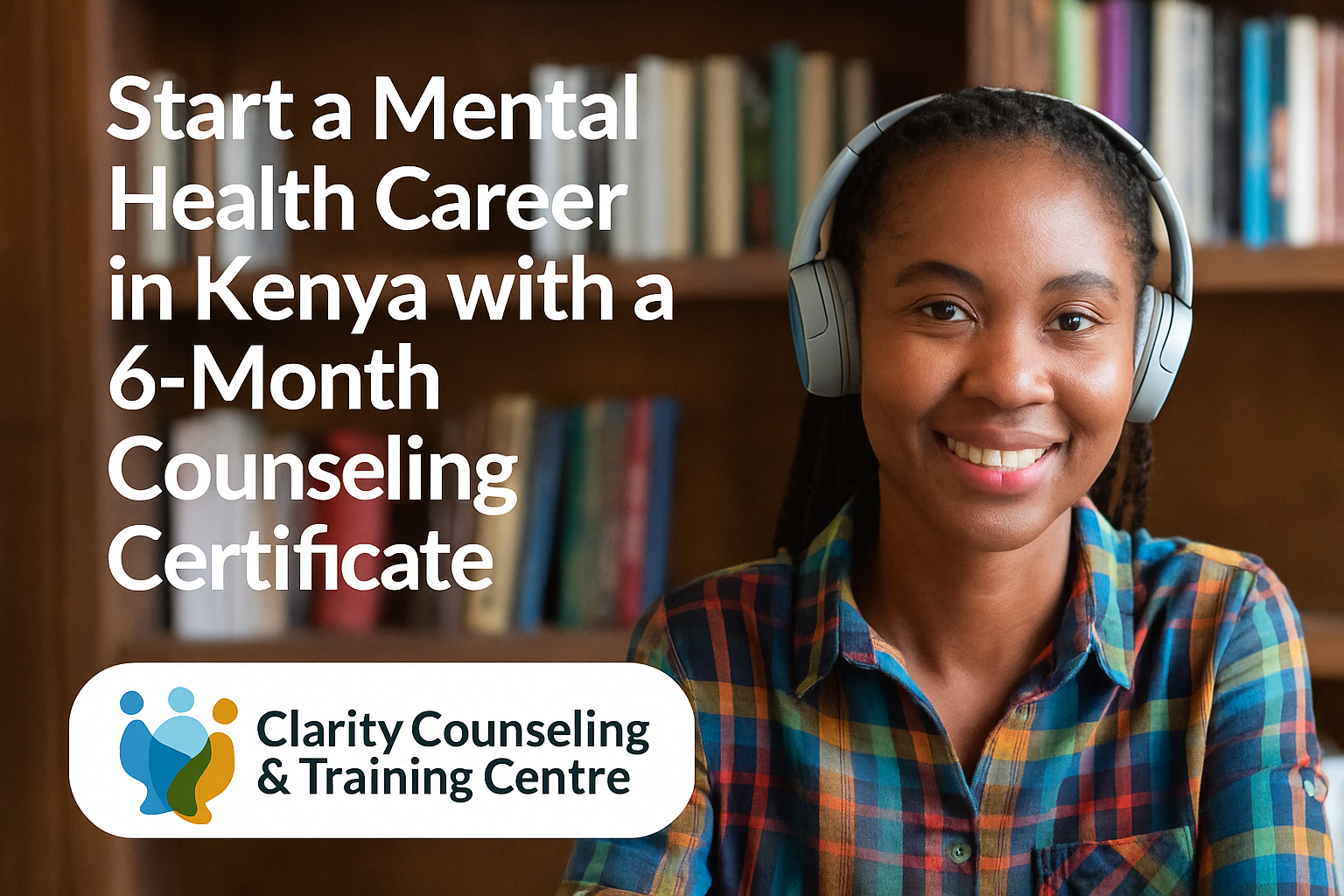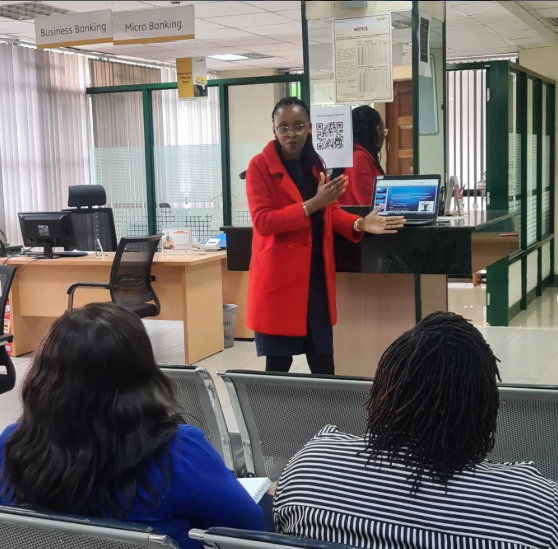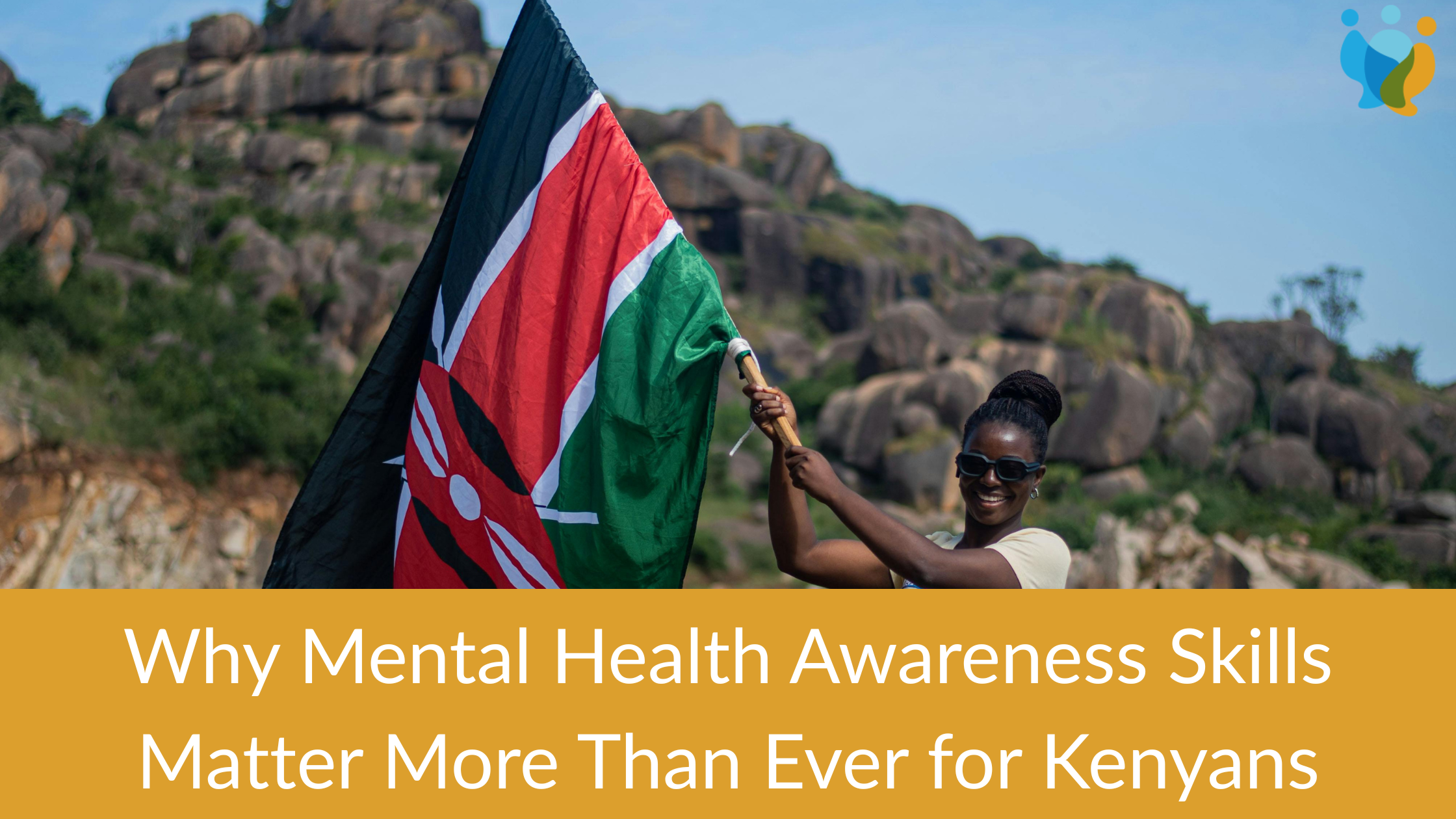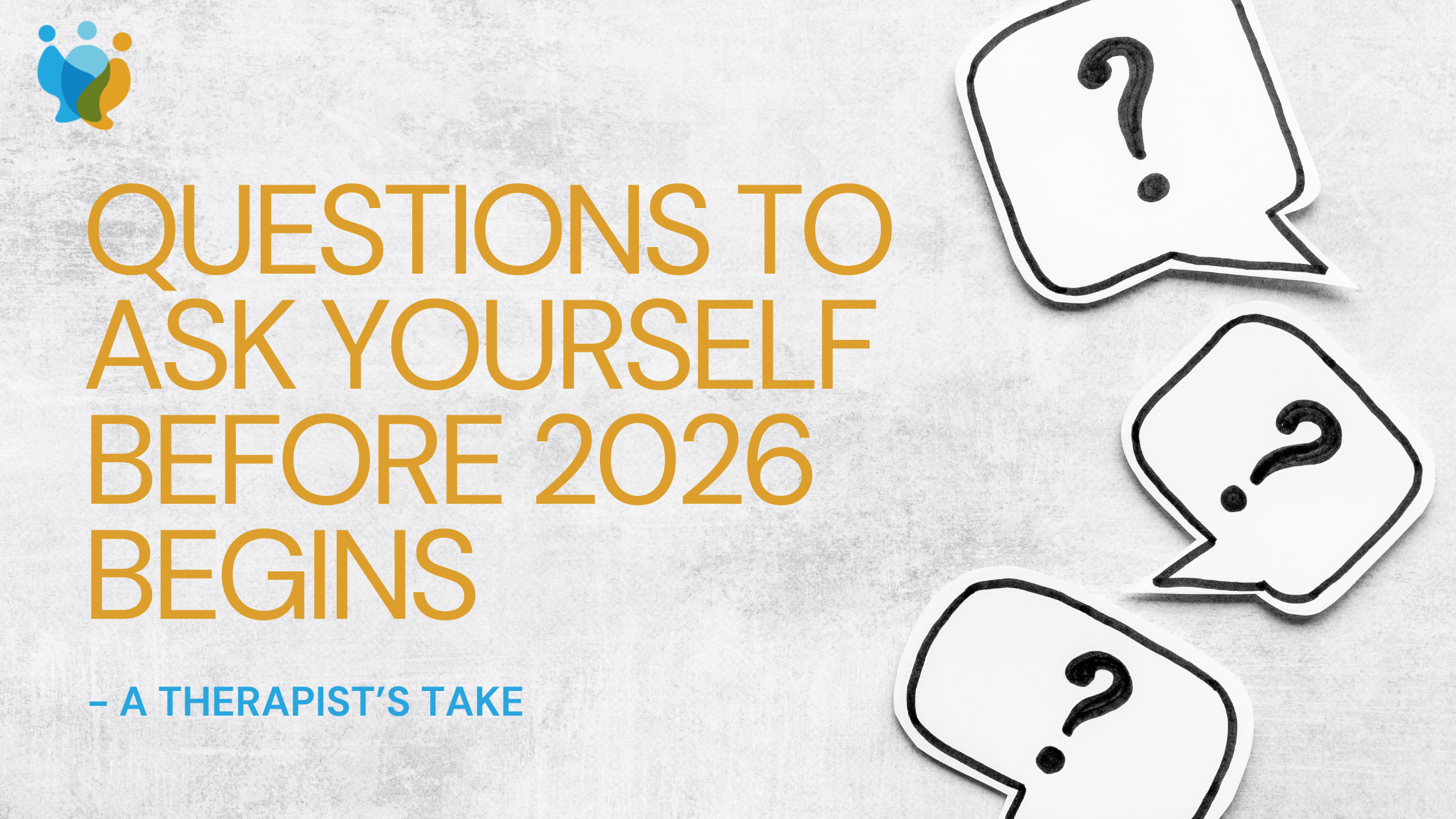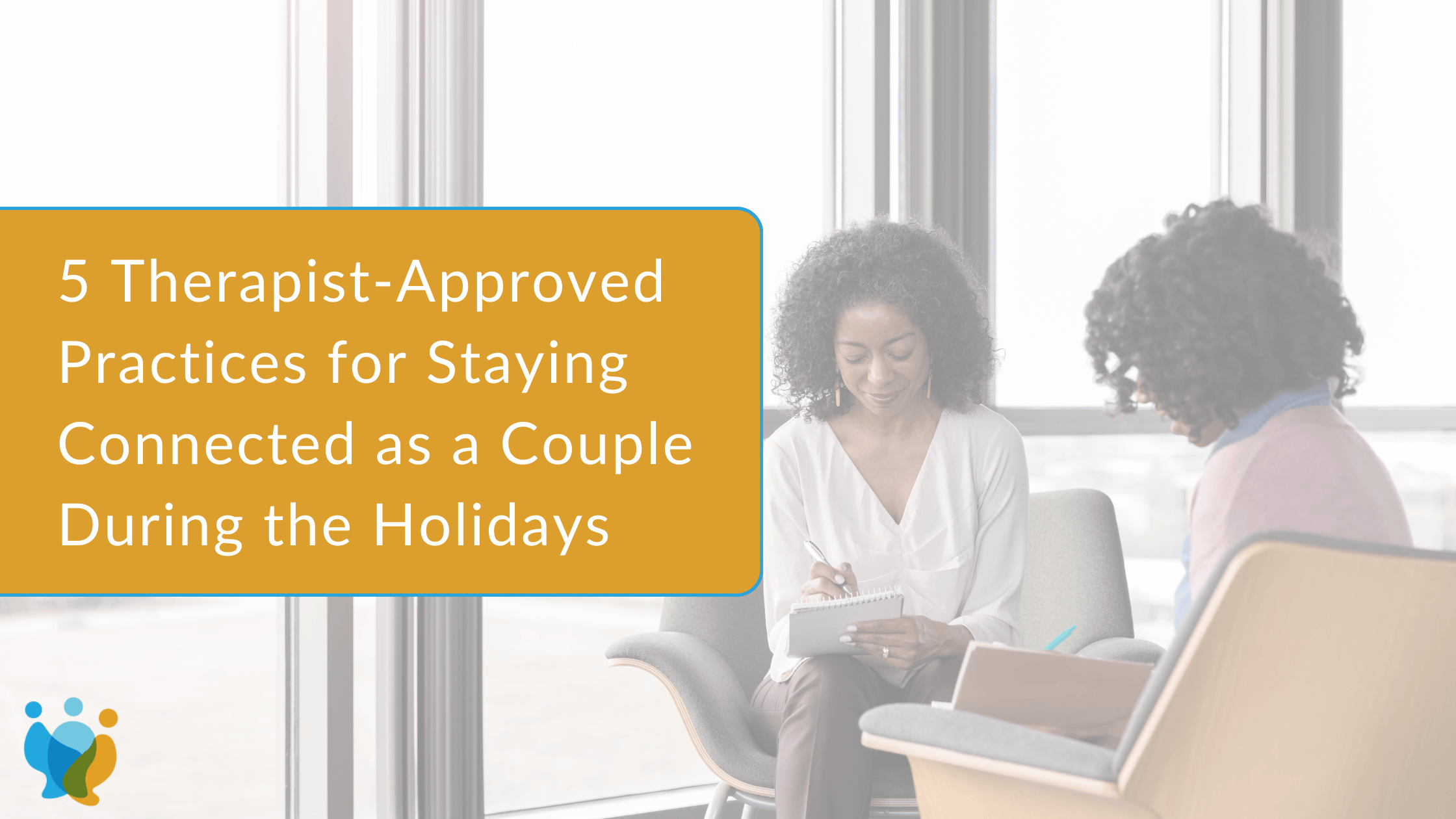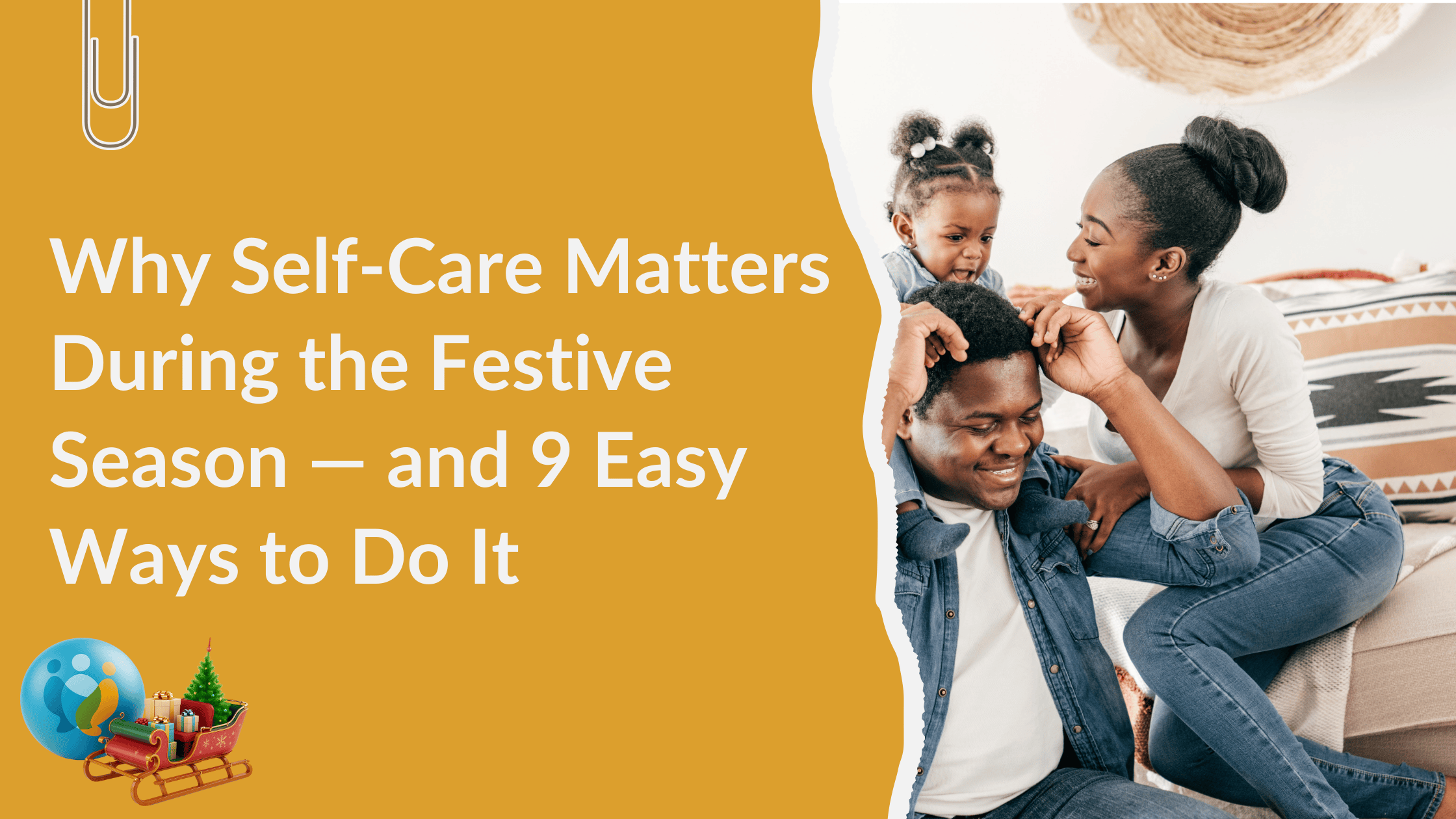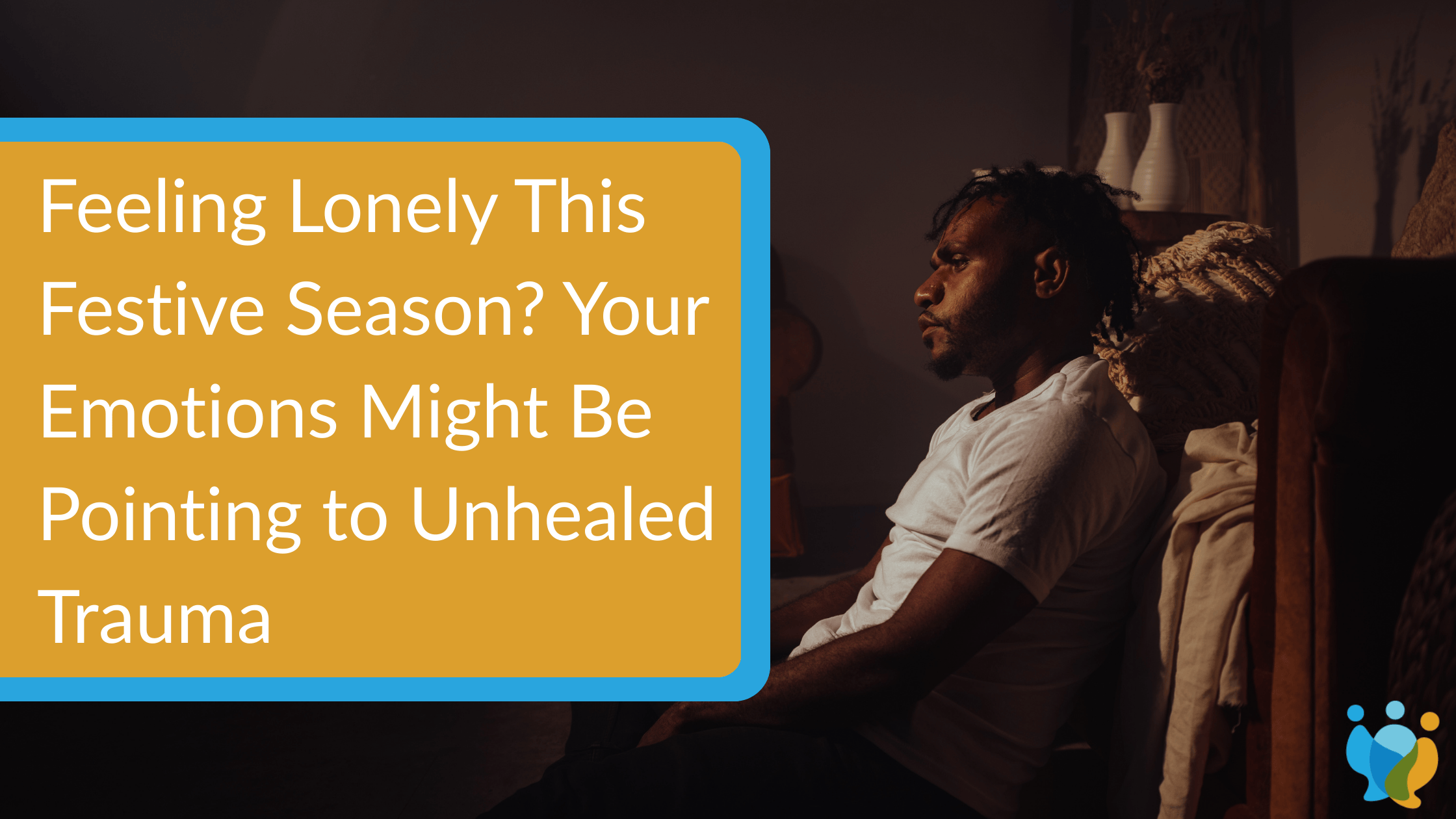5 Clear Signs You’re Ready for an Emotional Intelligence Breakthrough
The office is quiet. The kind of quiet that hums, computers blinking, air conditioner sighing, someone’s phone vibrating far away.
You’ve read the same email three times, but your mind keeps drifting back to that conversation from last night.
You promised yourself you’d stay calm this time.
You even rehearsed it, tone, words, breathing.
But when the moment came, the words slipped out anyway, sharp, familiar, heavy.
Now you’re sitting under fluorescent light, pretending to focus while your chest feels tight. Your mind drafts apologies you’ll never send.
If that sounds familiar, it’s not failure.
It’s feedback, your emotions whispering that something in you is ready to grow, and that, my dear reader, is what an emotional intelligence breakthrough looks like.
Not fireworks.
Not affirmations.
Just quiet recognitions, moments when your old patterns stop fitting the person you’re becoming.
Here are five signs you’re standing right at that threshold, and how small, steady practices can start your emotional intelligence journey in Kenya.
1. You’re Tired of Reacting, and You Know It
Do you remember what normal felt like?
You’d snap when someone disrespected you.
Go silent when you feel misunderstood and laugh it off later with casual words like, “That’s just how I am.” But lately, that line doesn’t land. In fact, you’re exhausted by the sound of your own reactions, the sharp tone in meetings, the messages you re-read and regret, the silence that stretches too long at home.
That exhaustion is awareness and your body asking for language, not defense. A good example would be in Nairobi traffic, matatus blaring, and someone cuts you off. You feel the heat crawl up your throat.
Your hand itches for the horn, but you pause. Count to three.
You notice your jaw, your breath, your heartbeat.
That’s not just frustration. That’s information.
That’s your emotional data, the unspoken signals that tell you where your peace leaks. The power comes when you name it: anger, fear, embarrassment, the emotion loosens its grip.
That’s the first thing we teach in our Emotional Intelligence Course in Kenya. Before you can master calm, you must learn to notice chaos.
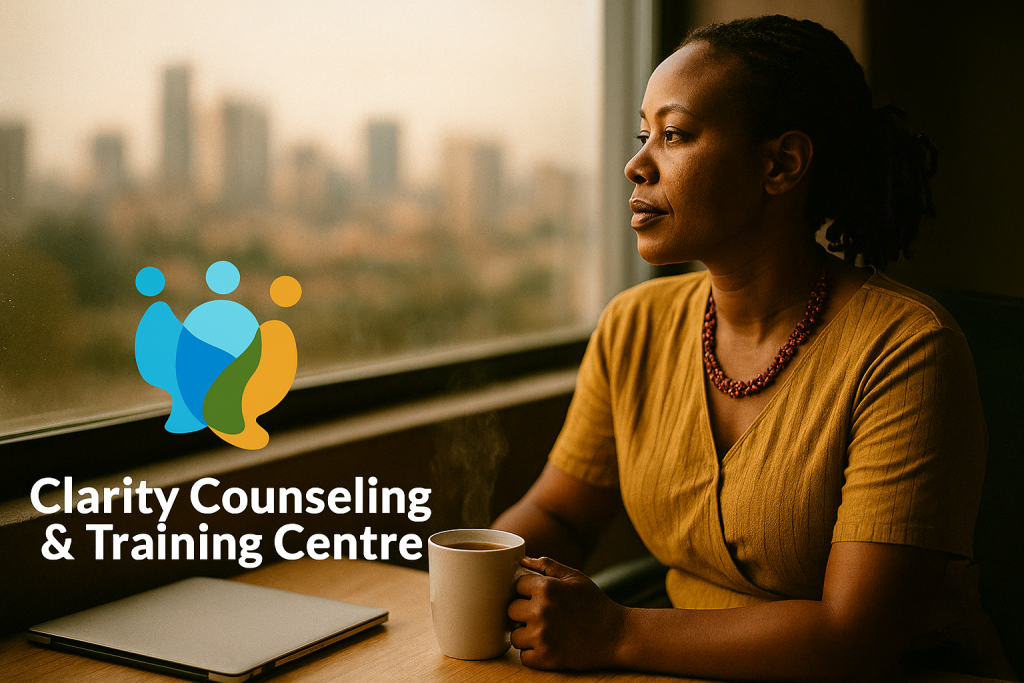
2. You Can Feel Two Truths at Once
Your colleague cuts you off again. Mid-sentence. And the room goes still for a second, the kind of silence that hums. You feel the irritation climb your throat, sharp, hot, until your eyes catch hers. You notice the tired eyes. The makeup didn’t hide the dark circles.
Her mandazi by her notebook is still half-eaten two hours later into the meeting, and you remember she’s been covering two roles since the restructure.
You exhale.
The anger softens.
Later, your phone buzzes. A friend cancels dinner, again. You start typing, “You always do this,” but this time around, you stop mid-sentence. Her father’s been unwell. You delete the text, sit quietly, let the silence do the talking.
At home, your partner’s withdrawn. You feel the wall building, that old, familiar panic. But then you notice the tremor in his hands. Not arrogance, fear.
That’s what emotional growth feels like, the tension between two truths. Unfortunately, immaturity sees life in absolutes: all good or all bad. But maturity learns to sit in contradiction, love and disappointment, empathy and anger, without losing itself.
When things feel black and white, ask: “What else might be true here?”
Maybe your colleague wasn’t dismissive, just drowning.
Maybe your partner’s silence wasn’t rejection, just shame.
You’re not excusing others but expanding your empathy. That’s the heart of self-awareness and therapy in Kenya, learning to stay kind without losing your boundaries.
3. You’ve Started Noticing Patterns You Once Denied
For years, you called it bad luck.
The wrong partners.
The wrong bosses.
The wrong friends who “just didn’t get you.”
But lately, a quieter thought slips in during your walks, your showers, your nights awake at 3 a.m.: “What’s the common denominator?”
That’s not self-blame.
That’s awakening, and life keeps giving you the same exam until you learn the lesson.
You’re starting to see how similar arguments wear new faces. The same tension, the same silence, the same ache.
Try this instead:
- Write down three recent conflicts or disappointments.
- Under each, note the first emotion you felt: anger, shame, fear, or sadness.
- You’ll see patterns form. That repetition? That’s your emotional curriculum.
Learning emotional intelligence in Kenya, whether in-person or through online classes, helps you interpret that curriculum. Because once you understand your story, it stops controlling you.
And when you finally rewrite it, your life starts to sound more like peace.
4. You Want Connection More Than Validation
Once, you performed vulnerability. How? You ask, well, do you remember posting long captions hoping someone would comment, “You’re so strong.” Or sometimes you overshare to feel seen.
But now? You crave quiet.
You crave conversations that don’t need an audience.
You crave a connection that doesn’t drain you.
That shift, from “see me” to “let me see clearly”, is one of the surest signs of emotional maturity.
You’re learning that peace feels better than performance.
Picture your old self in a team meeting where someone misinterprets your idea. Old you would’ve jumped in, defended every word. But now, you breathe, listen and notice the insecurity behind their tone. You respond calmly, clearly, and the whole conversation softens.
That’s what professional counseling courses in Nairobi often guide people through: the art of emotional presence. To slow down enough to hear emotion beneath words, to meet others where they are, not where your ego needs them to be.
Once you learn that rhythm, you never go back.
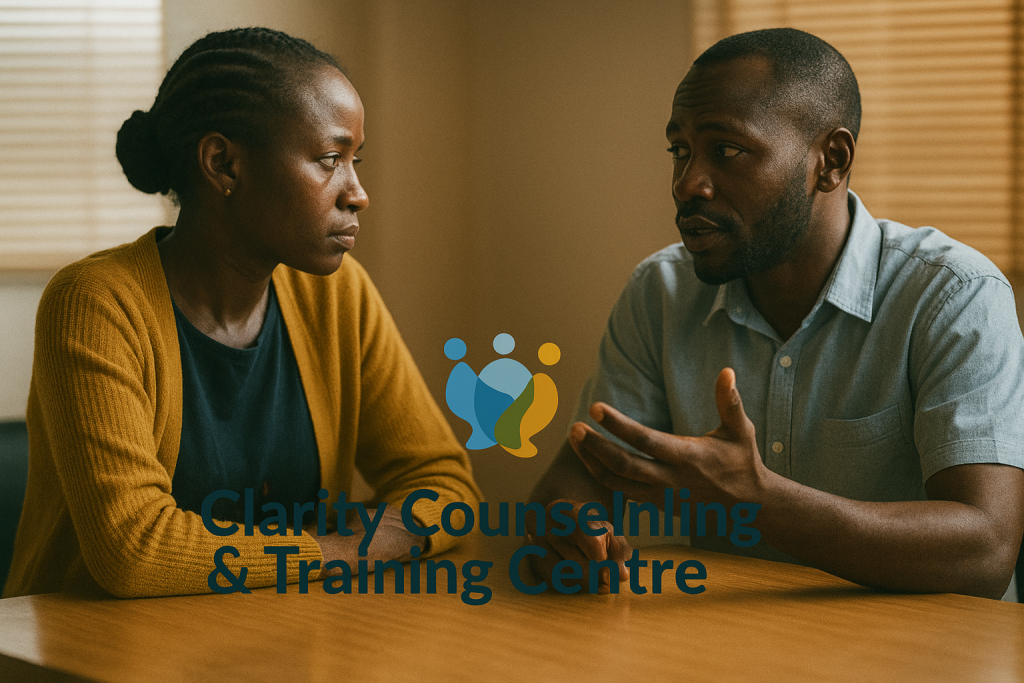
5. You’ve Started Questioning the “Strong” Version of Yourself
You’ve worn strength like a medal because you are the “reliable” colleague. The first-born fixer and the friend who never breaks. But lately, strength feels heavy. You catch yourself wondering: when did strong start meaning silent?
That question is the doorway. Because real strength isn’t stoicism, it’s self-knowledge. It’s the:
- Teacher who admits, “I’m burnt out.”
- Lawyer who takes a day off without guilt.
- NGO worker who stops rescuing others long enough to breathe.
- Mother who finally says, “I need help.”
- The Immigrant who understands peace, too.
Here is a simple exercise you can try later on before bed: ask yourself:
- “What emotion did I ignore today?”
- Write it down.
- Don’t fix it.
- Just name it.
That small act loosens the armor, and over time, you’ll notice you don’t erupt as quickly or retreat as often. Instead, peace becomes your new performance.

What This Means For Your Emotional Intelligence Breakthrough Now
If any of the above sounds like your reflection, you’re already halfway there. Self-awareness always comes before transformation. But awareness alone won’t carry you through; you need structure, tools, and guided reflection to turn understanding into action.
That’s what Clarity Counseling Kenya’s Emotional Intelligence & Self-Awareness Course is built for. It’s not forced positivity but learning about yourself deeply enough that reactivity loses its power.
You’ll walk away with real techniques to manage emotions, communicate clearly, and lead with empathy, whether you’re a teacher balancing burnout, a banker under pressure, or a Kenyan in the diaspora trying to reconnect with your peace.
Why Emotional Intelligence Breakthrough Matters
In Kenya today, emotional intelligence isn’t a luxury but a thriving skill. From boardrooms to classrooms, from Westlands apartments to diaspora kitchens, people are tired of living on emotional autopilot.
While therapy in Kenya helps you heal the past. Emotional intelligence helps you manage the present. These two combined prepare you for a future that demands clarity, not perfection.
Whether you join the upcoming Emotional Intelligence Course in Kenya or begin your online counseling sessions, this is your invitation to grow, not harder, but wiser.
Join the Clarity Counseling & Training Emotional Intelligence Intake
Emotional intelligence doesn’t announce itself. It arrives quietly, in the pause before you reply, in the breath before you defend yourself, in the peace that follows what used to break you.
You’ll know you’re ready for a breakthrough when you stop asking, “What’s wrong with me?”
And start wondering, “What is my emotion trying to teach me?” And therein lies the wisdom.
And maybe, just maybe, it’s time to follow it and enroll in our upcoming emotional intelligence intake today.

